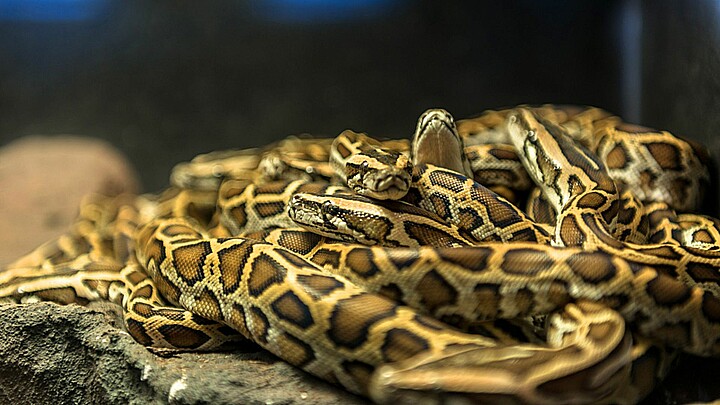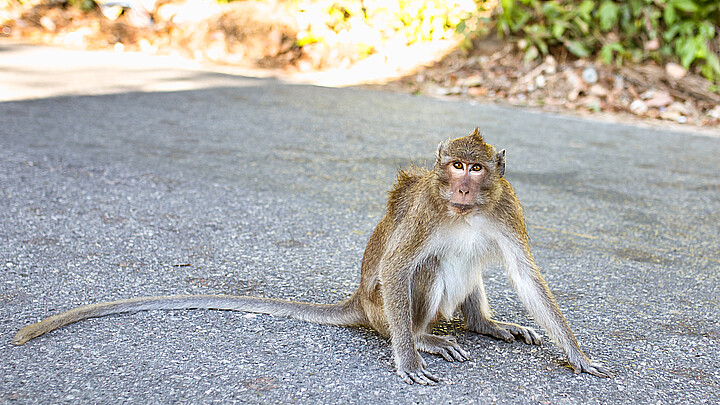Trending
Surfing manatees: Florida family surprised by manatees in viral video
Two boys were surfing off the coast near Fort Pierce Inlet on July Fourth when a group of manatees joined in on the fun
July 18, 2022 7:16am
Updated: July 18, 2022 11:03am
Two Florida brothers who were surfing had a once-in-a-lifetime encounter when some wild manatees joined their surf session over the Fourth of July weekend in Fort Pierce.
Evan and Logan Blais, 11, were surfing off the coast near Fort Pierce Inlet on July Fourth when a group of manatees joined in on the fun.
“I thought that the manatees were scuba divers at first,” Evan Blais said. It wasn’t until the animals got closer that they could see they were humans.
Thanks to the knowledge shared by his grandfather and father, the boys knew the playful sea creatures were not sharks. Manatees are usually gentle animals that inhabit Florida’s coasts and rivers.
Brandon and Lisa Blais, the parents, were able to record the young surfers' encounter with the wild in a video that went viral.
The video even shows how one of the manatees tries to steal away one of the boy’s board, which the boy happily gives away.
“We’ve taught the kids to never touch the manatees, they know it’s illegal so they did everything they could to just stay clear but it was so cool how they just followed them around,” Brandon Blais told News4JAX.
“It was a relatively calm water day with some small waves and the water was super clear -- so seeing these huge bodies at first we thought they were sharks,” Blais said. “It was so cool to see them just keep swimming around the boys despite them trying to stay clear of them. They seemed to love the boards and the kids.”
“It feels really good. It’s just, it’s cool,” said Logan of his recent surf experience.
The manatees swam with the boys for around 10 minutes before finally swimming away.
The “sea cows,” as manatees are commonly known, tend to swim in Florida’s fresh waterways from April to October. During winter, they migrate towards the state’s springs or canals to avoid long exposure to cold water.










